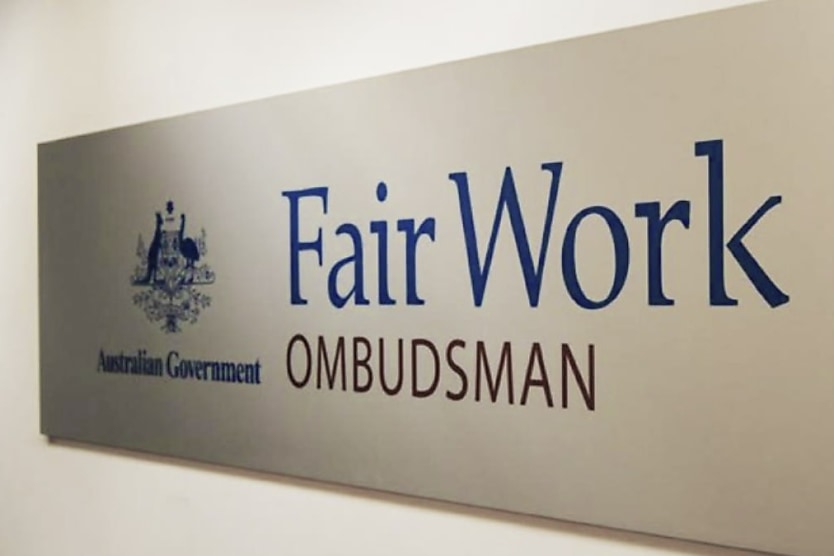
Around 50 businesses that predominantly hire vulnerable workers have been targeted with unexpected record-keeping inspections carried out by the Fair Work Ombudsman (FWO).
Businesses in Hobart, Adelaide, Melbourne, Sydney, Perth, and Cairn have recently been subjected to doorknocking inspections by the FWO, with inspectors checking employers’ time and wage records and employee pay slips.
Various businesses were targeted in the “record-keeping blitz”, such as mobile phone repair shops, discount stores, independent butcher shops and bakeries, specialty grocery stores, florists, and dry cleaners.
According to the FWO, the criteria for which businesses would be included in the check-ins was based on a tip-off to the regulator, which included reports and inquiries, as well as businesses that had previously been investigated for alleged contraventions. On top of that criteria, businesses that were targeted have often hired workers who can be vulnerable to exploitation.
“Workplace breaches that involve migrant workers and young workers can be particularly serious,” said acting Fair Work Ombudsman Michael Campbell.
We find these workers are often unaware of their workplace rights or unwilling to speak up if something seems wrong.
“It is crucial [that] visa holders know that they have the same workplace rights as all other workers, and protections for visas exist if they call out workplace exploitation. We urge workers with concerns about wages and entitlements to reach out to us,” Campbell said.
Campbell labelled record-keeping as the “bedrock” of compliance, urging employers not to slack off when it comes to keeping their paperwork in line.
“Record-keeping is the bedrock of compliance and must be taken seriously. Fair Work inspectors have handed out infringement notices – which are similar to on-the-spot fines – when employers were not meeting their legal obligations,” Campbell said.
An individual can be charged a maximum of $1,878 per contravention, whereas a company can cop $9,390 per contravention. In 2023–24, the FWO issued 760 total infringement notices, leading to an accumulation of $986,616 in penalties paid.
“We much prefer that employers get it right in the first place,” Campbell said.
“Pay slips provide employees with the clarity they need about their pay, and accurate record-keeping makes it easier to keep track of employee details, identify payroll mistakes and keep a business running efficiently.”
The “record-keeping blitz” concluded on 11 April; however, after the site visits, the FWO carried out a more in-depth look into its findings – with the number of infringement notices issued not being made publicly available until the investigations are fully completed.
Kace O'Neill
Kace O'Neill is a Graduate Journalist for HR Leader. Kace studied Media Communications and Maori studies at the University of Otago, he has a passion for sports and storytelling.










